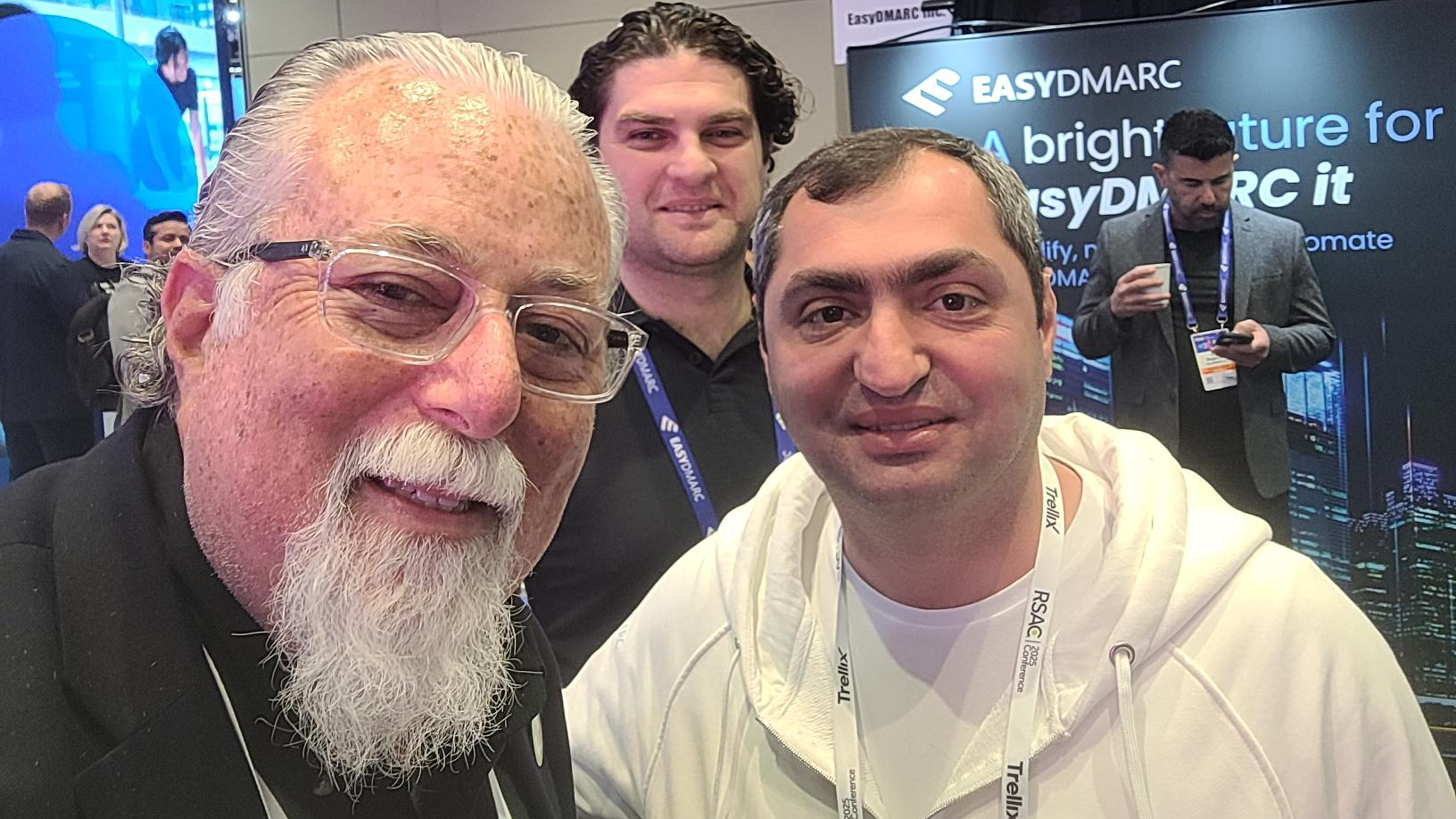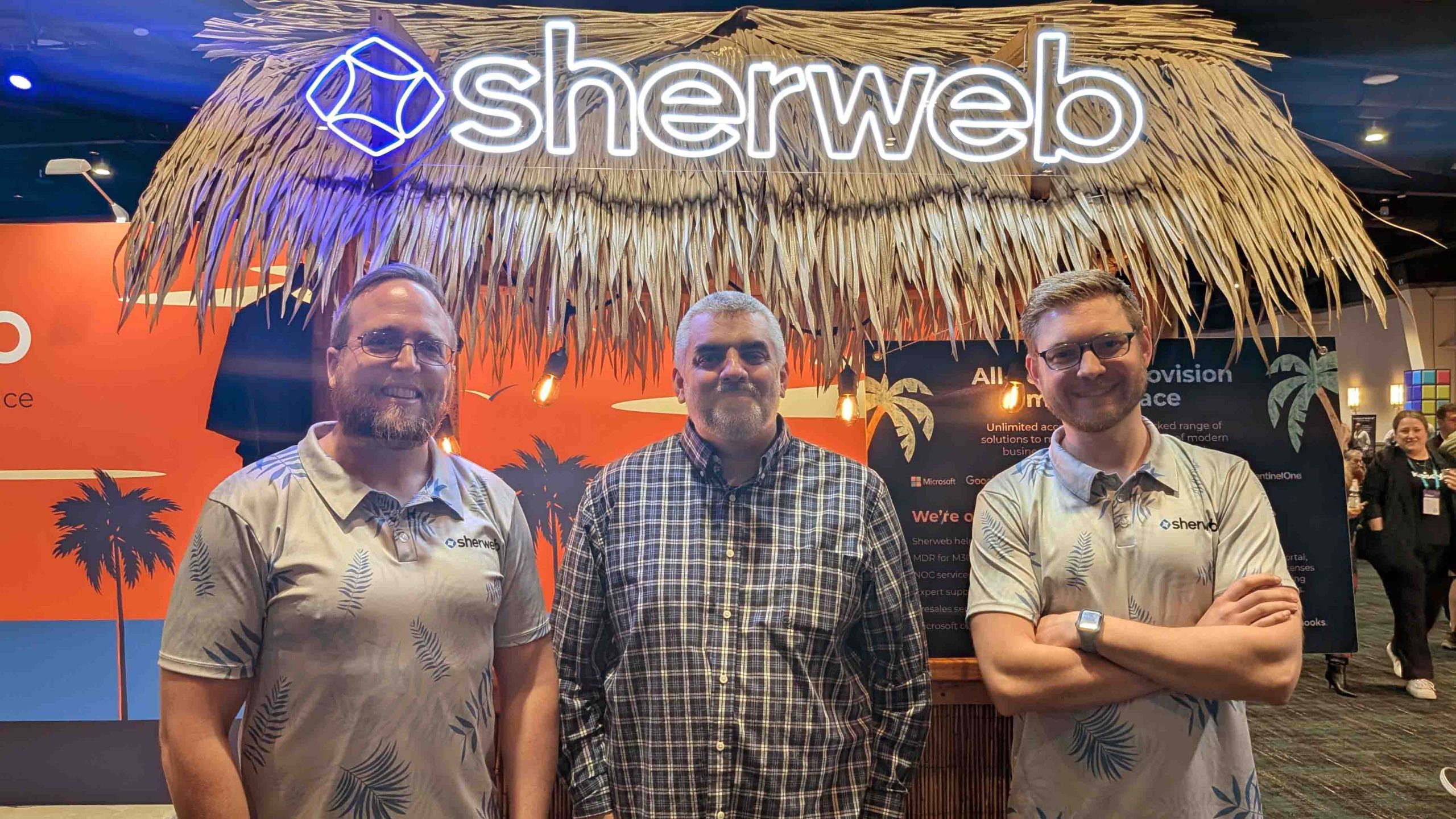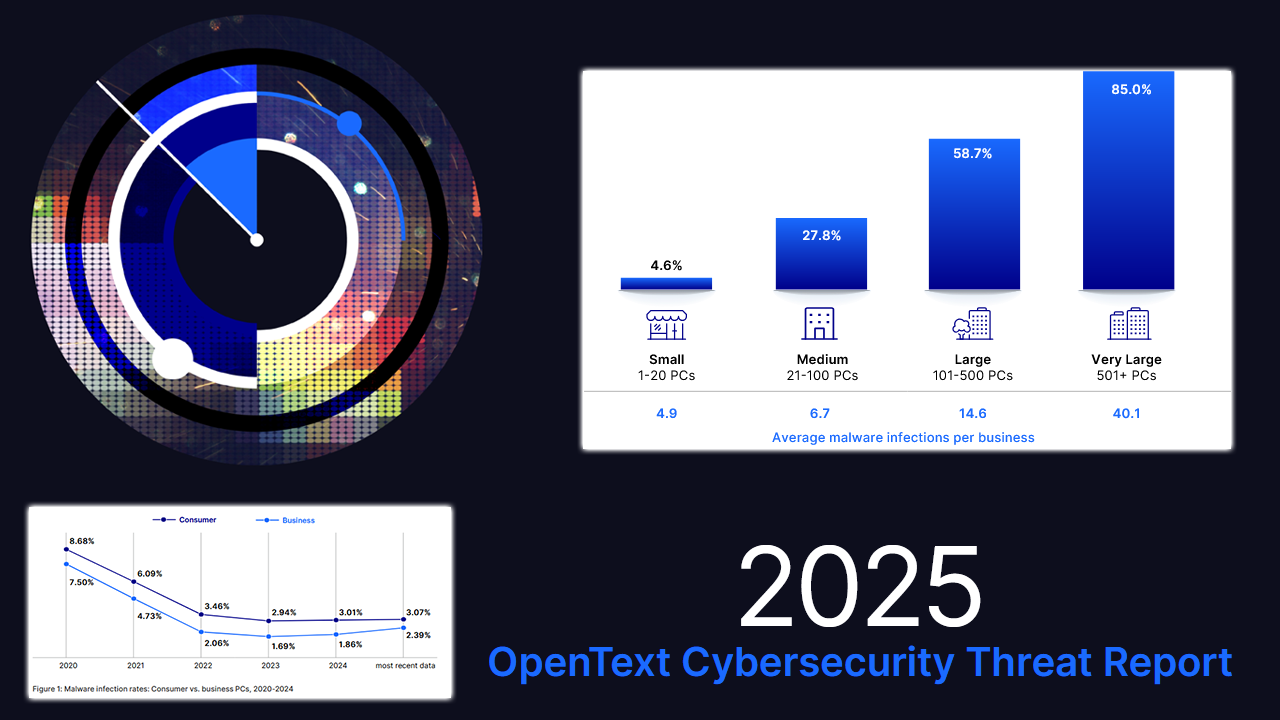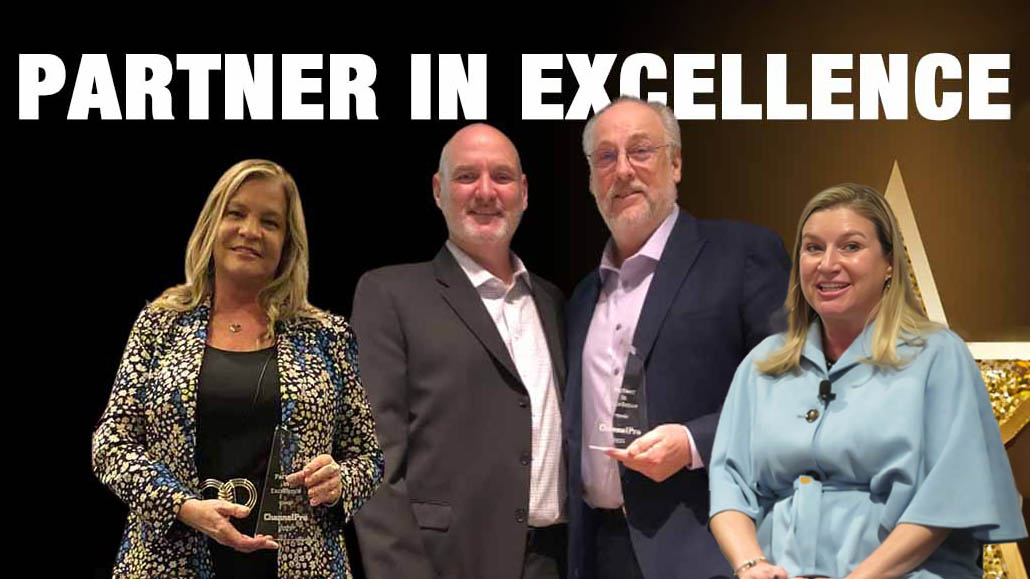If one of your customers hasn’t adopted Kubernetes yet, chances are they will soon. A recent Cloud Native Computing Foundation survey reported that 96% of organizations are either using the container orchestrator now or are evaluating it. However, the motivation to adopt Kubernetes should not be rooted in the desire to follow the latest technological trends, but rather the outcomes it offers organizations.
So, how do businesses use it strategically? And are they equipping their staffs or relying on their IT solution provider to get the most out of the technology? These are two issues where managed service providers and resellers can provide positive guidance for organizations that are either planning for a Kubernetes implementation or just getting started with the tool.
To address the first question, perhaps the most important cultural shift leaders can make when adopting Kubernetes is to not get distracted by the technology benefits the platform promises. It’s tempting to dream about revolutionizing processes by performing horizontal scaling, storage orchestration, automatic rollbacks, and self-monitoring. What’s important is to embrace the underlying value Kubernetes can bring.
At a high level, leaders need to focus on how Kubernetes’ elasticity and portability can enable organizations to generate real business benefits. It’s not enough to just want to control and automate deployments, orchestrate containers on multiple hosts, test and autocorrect applications, and scale applications in real time. What will these capabilities do for the organization in a business sense? Will they help the company attract more users to its online service, deliver apps more quickly, or solve a vexing challenge to its ongoing credibility?
Kubernetes can’t do this alone. In the most strategic implementations, it’s part of a widespread move to a cloud-native push that overhauls the way a company approaches its whole method of technology delivery. Smaller companies may not have the resources for a large-scale shift to Kubernetes, but they can learn from the strategic discipline of a few larger enterprises that did.
Lessons from the Field
Start with Spotify. The streaming service moved its microservices development environment to Kubernetes with plans to rapidly scale its operation. Since then, its monthly user averages have nearly tripled to 406 million at the end of 2021. Using Kubernetes’ autoscaling feature can accommodate up to 10 million service requests per second.
Philips Lighting, a Dutch lighting service now known as Signify, adopted Kubernetes in 2017 to scale up the service for its Hue smart lighting system. Orchestrating its container processes allowed the company to run one of its projects at 10x the scale of other similar projects while requiring only one-tenth of the labor.
Newspaper shop The New York Times Co. started shifting operations from data centers to the public cloud in the 2010s. The goal was to streamline costs and evolve to a new, more nimble news delivery system. Evolving from virtual machines to containers and Kubernetes, The Times took workload deployments down from 45 minutes to under a few minutes, giving developers more time to keep fast-changing web operations in tune.
Turbocharging Your Staff
As Kubernetes continues to advance, the industries experiencing challenges are those lacking experience with the tool. Channel pros can help with Kubernetes adoption by making certain that their own staff is fully up to speed with the orchestration technology. Instead of jumping right into deployment, it’s important to ensure your staff feels comfortable with Kubernetes before upskilling your customers’ developers.
Companies are succeeding in this area in several ways. One way it’s being done is through hands-on learning. This is invaluable because it gives teams the opportunity to practice, make, and learn from mistakes and improve their skillsets in Kubernetes. There are a number of tools on the market where developers can log in and try out Kubernetes inside a sandbox.
Another is to let them loose on pilot projects to give them practical experience. It’s been said that learning for learning’s sake lasts for just a couple of months if you’re not solving a problem. Building something is always more valuable than learning tech just to learn tech.
Starting from ground zero is challenging, so hiring leads with Kubernetes experience will help accelerate the implementation.
One final consideration for your customers is to encourage greenfield applications to go cloud-native from the very beginning. This provides multiple benefits: It accelerates hands-on learning in a very practical and valuable environment, minimizes the disruption to existing services, sets the project up on a more modern and future-proof infrastructure, and most importantly, transforms and aligns the business with proven cost efficiency and value.
Kubernetes is here, and it’s going to continue to gain ground. Channel pros who acquire Kubernetes skills can help customers that are new to the technology maximize its effectiveness by guiding them to set clear business goals.
DANNY ALLAN is CTO at Veeam, a global leader in data protection.














